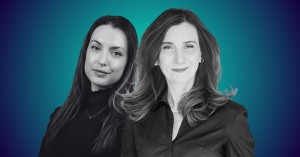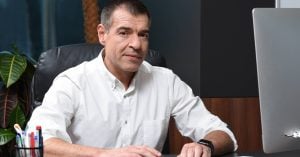A pitch goes badly. An important team member decides to leave. An investor fails to show up. The product launch is taking too long. Marketing isn’t paying off as it should. A co-founder drops out. Failure happens to anyone. Sometimes you win and sometimes you learn, as the American author John C. Maxwell says.
The Recursive asked some of our community’s startup founders about the failure lessons that taught them the most, realizations they couldn’t have gotten anywhere else. Some shared insightful stories about starting small and moving forward, others discussed focusing and committing as ways to move on. Many say timing is crucial for the success of a certain endeavor. And all of them see failure as a step towards progress.
So, if you fail, get up, dust yourself off, and get back on that tech horse.
#1 Wanting too much too soon? Better start small.
“I have failed a lot. I failed so much that I made a business called ‘I Love Failure’ out of these,” Catalin Mester, co-founder of the Romanian audiobook app Storis said. Ten years ago, he invested all his savings in launching an e-commerce marketplace, working 14 hours per day, three years in a row, without a positive outcome.
“I underestimated the marketing budget and what it takes to be a serious competitor in the e-commerce business. I had a very good strategy to get the vendors, but I didn’t think about how I would get the products to the users,” he admits.
A big lesson he learned was to “go small”. He confesses to wanting to upload too many products for different categories on the platform right from the beginning, instead of starting with one. “A lot of our energy got lost in this and only delayed facing the real problem, getting users to buy from our vendors,” Mester concludes.
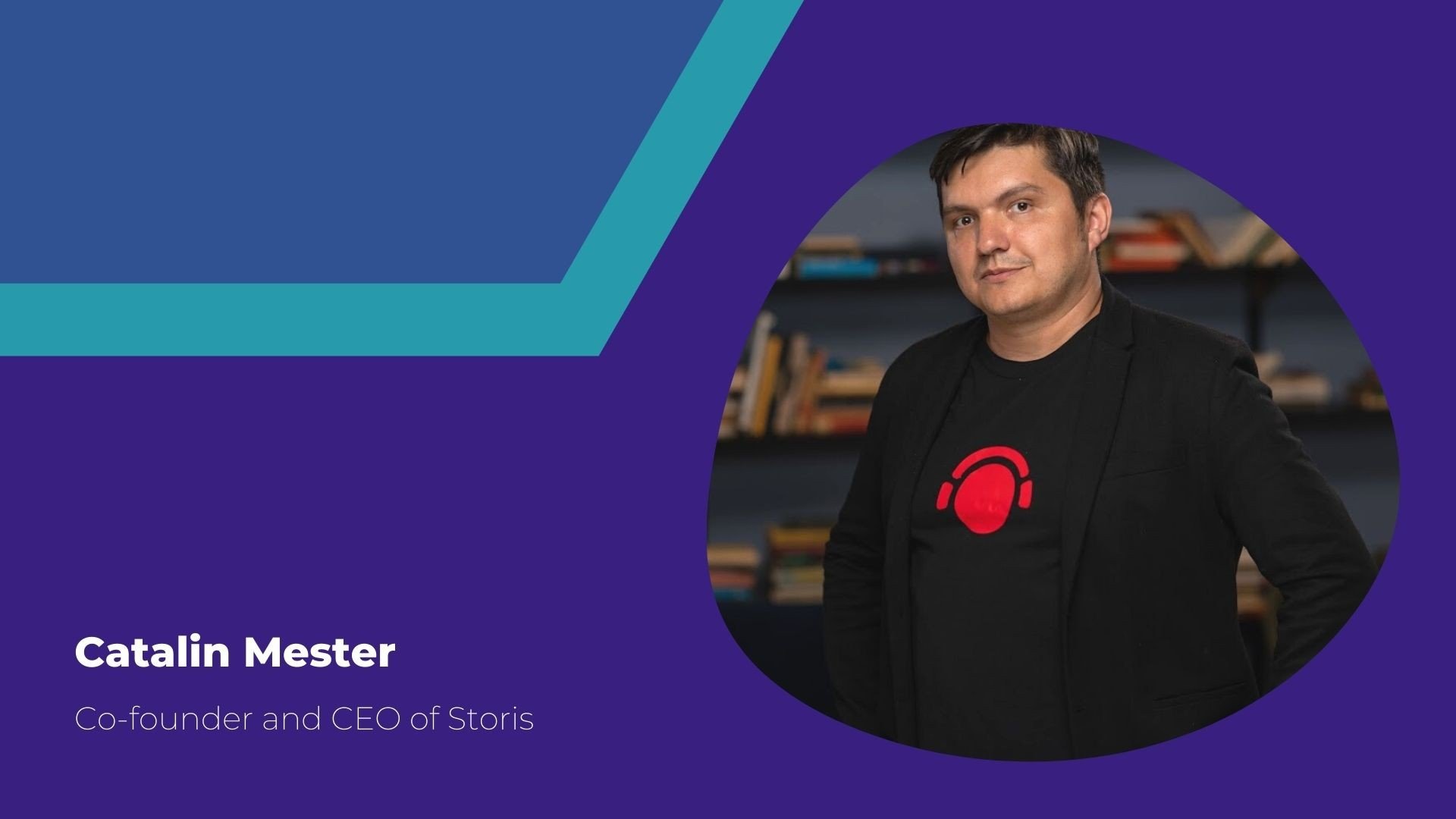
Now, Catalin Mester is getting ready to launch Storis, a Romanian audiobook app that aims to be the next Audible in the region.
#2 Fight your blind spots with real conversations with people.
Gabriel Dombri, who’s currently a CEO at the product building studio Tapptitude, had a few encounters with failure as a founder. While some were business projects that didn’t work out, others were more about making the right decision.
In 2014, he wanted to change the collaboration between startup founders and software companies. He came up with Startcelerate, a series of events, he calls them “slow dating”, between the two targets. While the ecosystem players were eager to socialize and their events were successful, the team, and investors, found themselves asking: “How is this scalable?” and “Is there an actual opportunity to build a €100M per year business?”.
Dombri shared five key learnings from this experience:
- “We are biased. | Things only happen in our heads and we have spectacular blind spots when it comes to building solutions for other people’s problems. Having real conversations with people are some ways to un-bias & un-blind us.”
- “Timing matters. | Speed of learning is essential when you have an opportunity. The solution to mitigate this risk is a combination of problem-founder fit and creating a traction model for becoming a significant player.”
- “Have clarity in positioning the promised value. | People need to understand precisely what you are a solution for. I still see a lot of unclarity for many startups I encounter now.”
- “Validation is always on. | The product is constantly a temporary hypothesis around value and traction. Therefore, we need to change our approach from a delivery-focused perspective to a testing perspective.”
- “Things always happen slower than anticipated. | We need to have a ‘correction factor’ in any planning. For instance, put in a plan B around the initial plan, which gives us a safety net when funding is slower.”
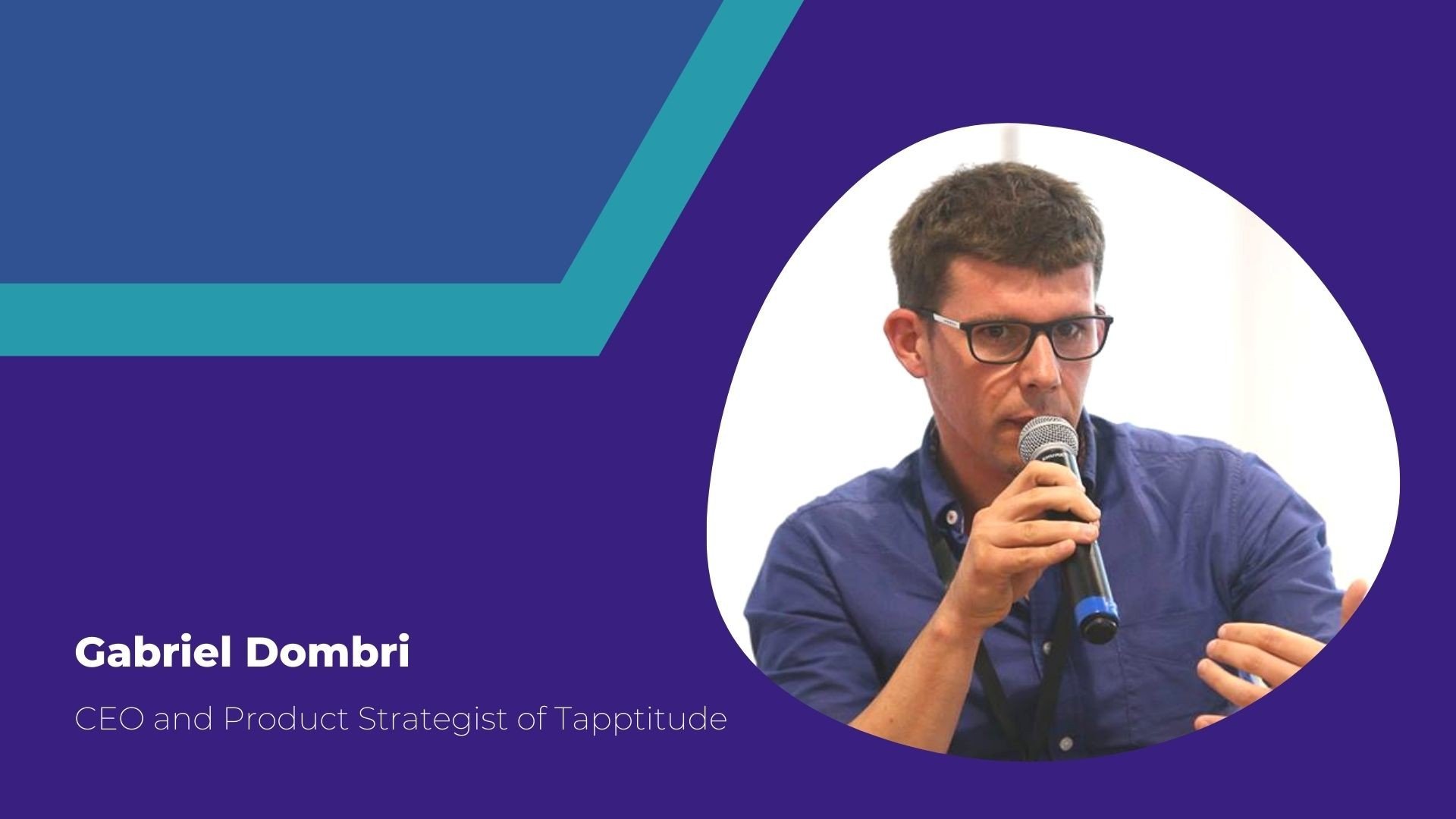
Now, Gabriel Dombri is aiming to help startup founders with their future mobile apps.
#3 Test, focus and commit. Don’t give up.
“The course of my life, so far, has been shaped just as much by failure as it has been by success. But the lessons I learned from each failure are much more memorable,” co-founder of mental health startup Kyan Health, Vlad Gheorghiu, shared. Prior to that, he started NEEDAO, a double-sided platform for peer-to-peer services.
In 2010, along with his twin brother, Tudor Gheorghiu, he recruited engineers to begin work on the project. “We built a good enough product in record time and started advertising, but there was very little market traction. We interviewed several Swiss entrepreneurs in the space and they all told us the same thing: ‘you are too early’! It appears they were right,” he accepted.
Gheorghiu believes that some of the reasons the project didn’t pan out were failing to assess the market and to define a clear niche, but also stopping too soon. He reveals that he had gotten accepted into McKinsey & Company. What he learned was to test, focus, and commit, “don’t give up until you have exhausted every way of doing what you want”.
“We are driven by assumptions and hypotheses. To build a scalable product, the value of the product needs to address a larger audience. The only way to get the USP right is by testing and learning at the fastest possible rate. It is much easier to address an existing need in a simpler way than to educate consumers,” he concluded.
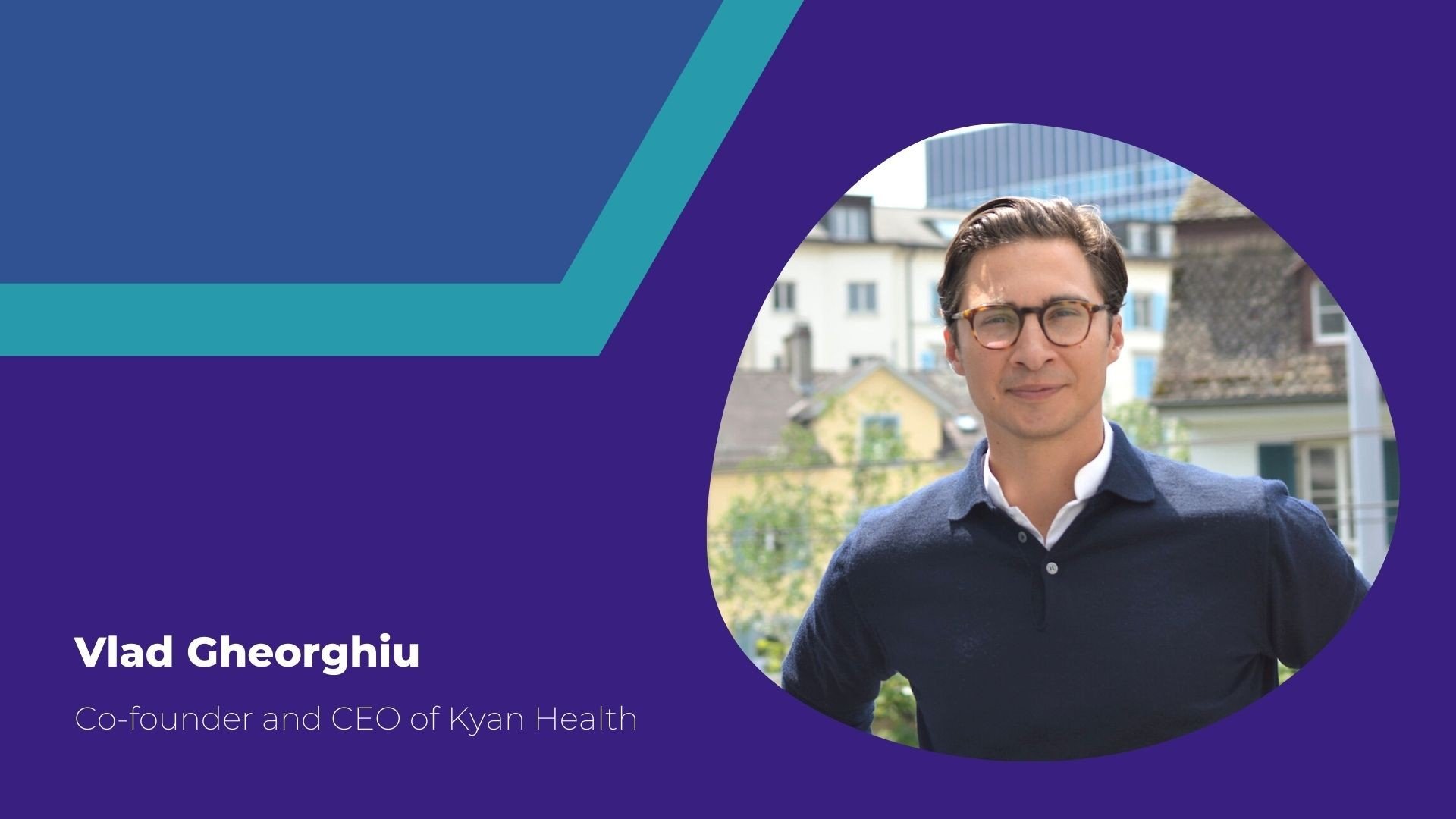
Now, Vlad Gheorghiu is ready to launch Kyan Health, a digital wellbeing company, based in Switzerland which tackles mental health at the workplace.
#4 The key to success is perseverance.
Ciprian Cazacu, co-founder and CEO of Romanian SaaS startup easySales, believes that “failure is the best recipe for success”. “Our business idea was to build a tool that was meant to address the need for generating real-time feeds for the gaming industry. We had the know-how and the customers, but we didn’t have the infrastructure – financing, legal, and technical”, he reflects on his experience before easySales.
The team applied to a Romanian financing program, Start-up Nation, that took too long to enroll and complete. “By the time we were ready with everything, all opportunities were missed.” He confessed that it was a challenging period that made them reassess and build something relevant in their core competence industry, e-commerce. “So that is what we did and here we are now, growing easySales.”
“A very important lesson is that, in fact, there is no failure as long as you keep going and don’t give up. There are always ups and downs when moving forward, but the key to success is to persevere. Another thing is that timing is crucial. A great set-up is important, but too often timing is the one that makes or breaks the deal. Lastly, and maybe the most important takeaway, is that in any crisis or failure there is this collateral beauty, an opportunity that is often the source of progress,” he discloses a final lesson for all to take in.
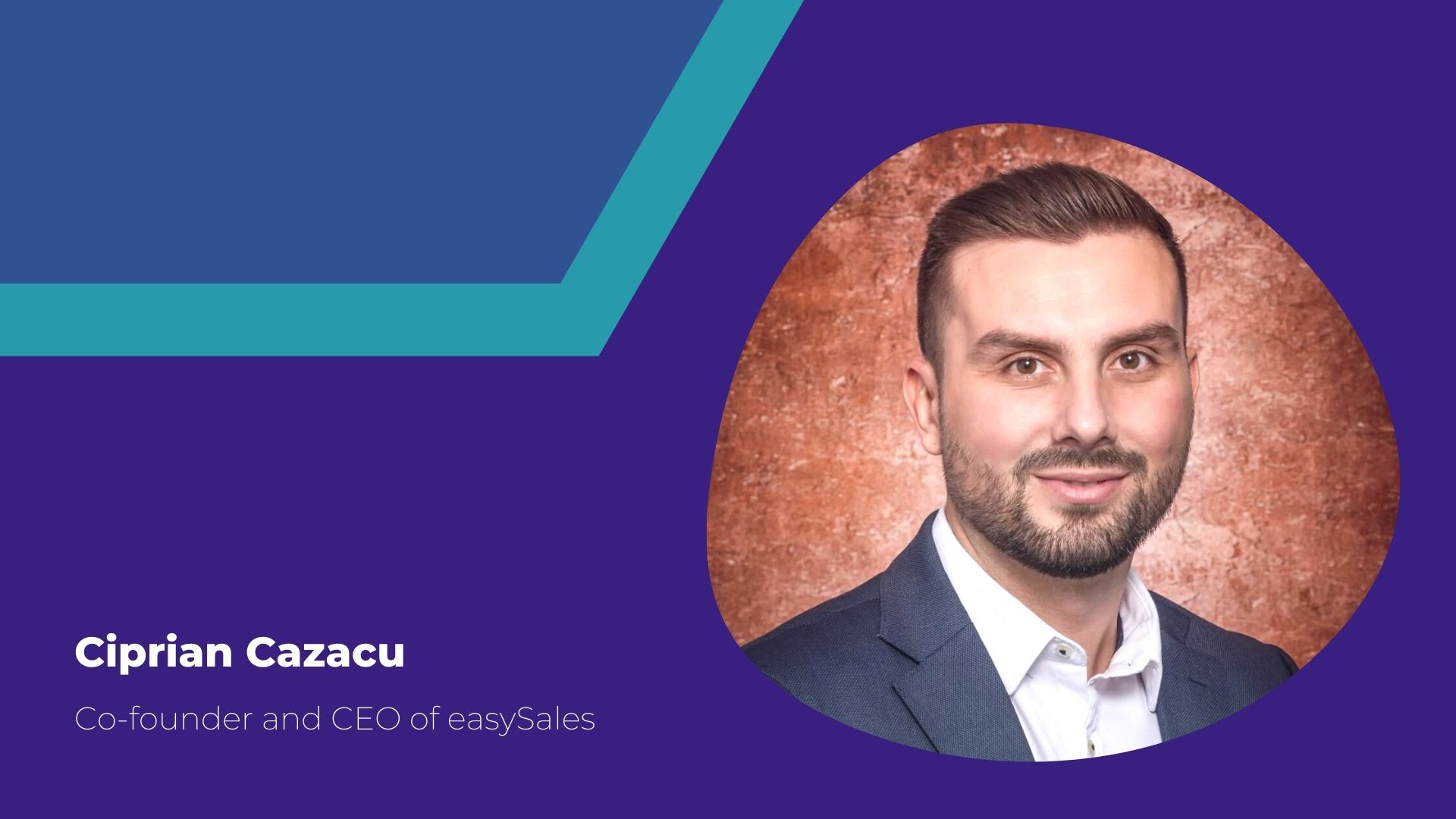
Now, Ciprian Cazacu is ready to take easySales to Bulgaria and Hungary.


